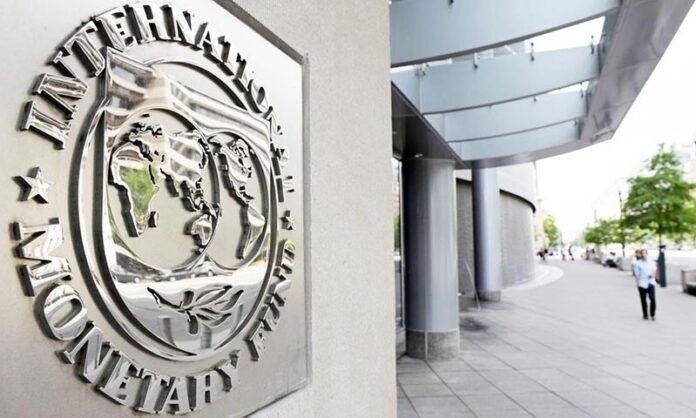An agreement appears to have been reached to freeze the federal government’s size and expenditure in Budget 2021, which is set to be announced on June 12. The decision was taken to keep track of the International Monetary Fund (IMF) programme.
Sources told Pak Revenue that a final round of discussions with the IMF was held late Tuesday night by the government’s economic team to fine-tune the broad contours of the upcoming budget. Austerity and tightening of the belt remain the objective of the upcoming budget for which contributions and sacrifices will be needed for every segment and arm at the federal and provincial levels.
It has been informed that through the 2020-21 budget, the government would send a strong message to the world that it is “fiscally responsible despite serious challenges” and will use prudently whatever fiscal space is available through international flows.
The government would declare in the budget that the expenditure of the Office of the Prime Minister and the President House would remain frozen at the current level of the year and would even be slightly rationalized. There are 90 percent chances, based on discussions, that salaries and pensions will not be increased across the board.
Provincial governments have also been put in the loop to eliminate wide disparities across all levels of government salaries, pensions, and other expenditures. In reality, the IMF had requested that wage and pension bills be rationalized. The two sides also agreed on the FBR revenue target of around Rs4.95 trillion for next year under which the allocations for the defense would be kept under Rs 1.3 liters.
The proposal is to increase the federal government employees’ secretariat allowance slightly, while the salaries of all others who have already received special treatments and allowances would remain unchanged.
Prime Minister Imran Khan has already asked all the institutions and the provinces to eliminate the disparities in the salaries of their employees and told them that the budget should be a clear signal of a tightening of the belt. In the event of economic recovery, the case for wage increases could be taken up with the IMF by September 2020.
No new posts would be created in the year, and the utmost care would be taken to fill the inevitable posts. Vacancies for more than six and nine months would generally be considered for elimination.



